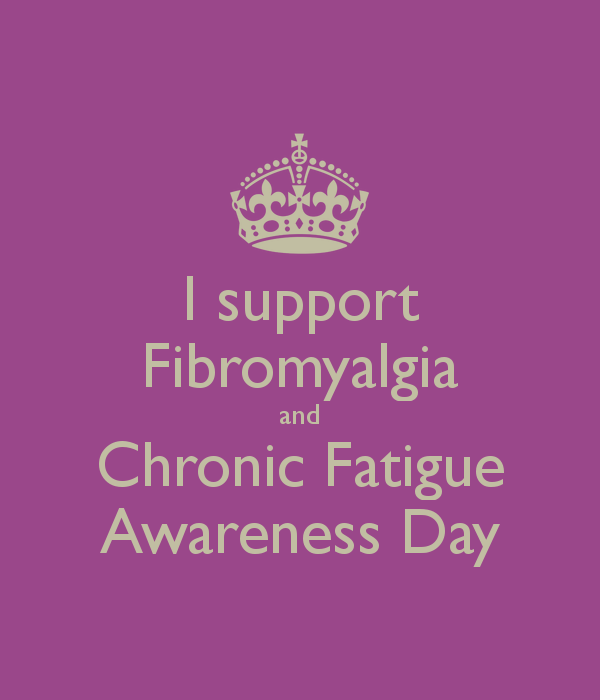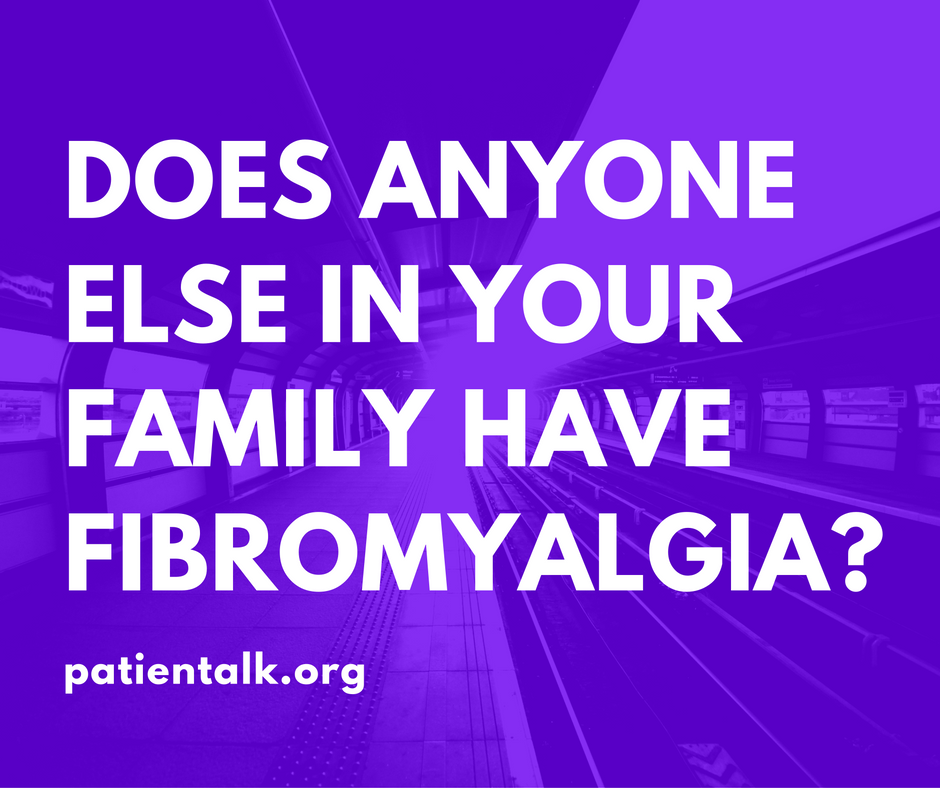It’s not clear why some people develop fibromyalgia. The exact cause is unknown, but it’s likely that a number of factors are involved.
Here are some of the main factors thought to contribute to the condition:
Abnormal pain messages
One of the main theories is that people with fibromyalgia have developed changes in the way the central nervous system processes the pain messages carried around the body. This could be due to changes to chemicals in the nervous system.
The central nervous system (brain, spinal cord and nerves) transmits information all over your body through a network of specialised cells. Changes in the way this system works may explain why fibromyalgia results in constant feelings of, and extreme sensitivity to, pain.
Chemical imbalances
Research has found that people with fibromyalgia have abnormally low levels of the hormones serotonin, noradrenaline and dopamine in their brains.
Low levels of these hormones may be a key factor in the cause of fibromyalgia, as they’re important in regulating things such as:
mood
appetite
sleep
behaviour
your response to stressful situations
These hormones also play a role in processing pain messages sent by the nerves. Increasing the hormone levels with medication can disrupt these signals.
Some researchers have also suggested that changes in the levels of some other hormones, such as cortisol (which is released when the body is under stress), may contribute to fibromyalgia.
Sleep problems
It’s possible that disturbed sleep patterns may be a cause of fibromyalgia, rather than just a symptom.
Fibromyalgia can prevent you from sleeping deeply and cause fatigue (extreme tiredness). People with the condition who sleep badly can also have higher levels of pain, suggesting that these sleep problems contribute to the other symptoms of fibromyalgia.
Genetics
Research has suggested that genetics may play a small part in the development of fibromyalgia, with some people perhaps more likely than others to develop the condition because of their genes.
If this is the case, genetics could explain why many people develop fibromyalgia after some sort of trigger.
Possible triggers
Fibromyalgia is often triggered by a stressful event, including physical stress or emotional (psychological) stress. Possible triggers for the condition include:
an injury
a viral infection
giving birth
having an operation
the breakdown of a relationship
being in an abusive relationship
the death of a loved one
However, in some cases, fibromyalgia doesn’t develop after any obvious trigger.
Associated conditions
There are several other conditions often associated with fibromyalgia. Generally, these are rheumatic conditions (affecting the joints, muscles and bones), such as:
osteoarthritis – when damage to the joints causes pain and stiffness
lupus – when the immune system mistakenly attacks healthy cells and tissues in various parts of the body
rheumatoid arthritis – when the immune system mistakenly attacks healthy cells in the joints, causing pain and swelling
ankylosing spondylitis – pain and swelling in parts of the spine
temporomandibular disorder (TMD) – a condition that can cause pain in the jaw, cheeks, ears and temples
Conditions such as these are usually tested for when diagnosing fibromyalgia.

![Common Hidden Illnesses Explained [Infographic]](https://patienttalk.org/wp-content/uploads/2016/10/Hidden-illness-2.jpg)


